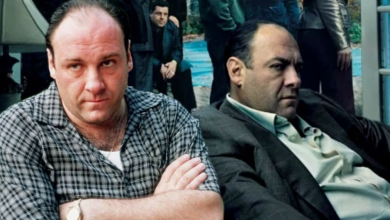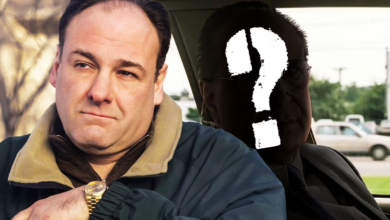The Sopranos: 10 Life Lessons We Can Learn From Tony Soprano
Tony Soprano is one of the most complex and well-written characters in TV history, and The Sopranos introduced the concept of the anti-hero.
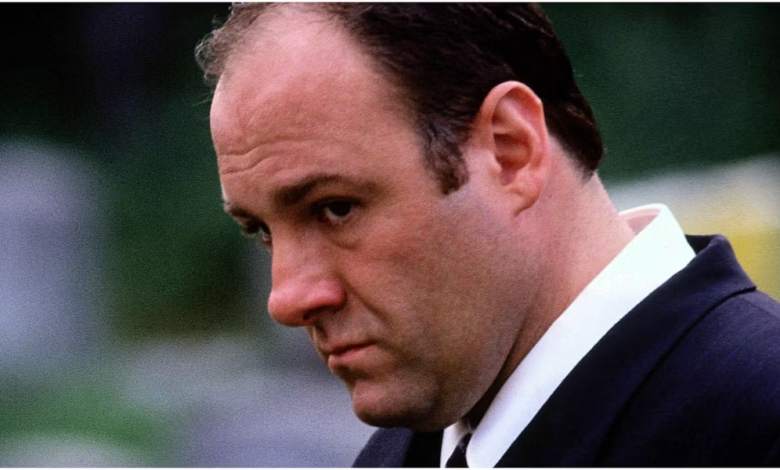
Tony Soprano is one of the most interesting, three-dimensional, and complex characters in television history. Much has been written regarding both the character and The Sopranos itself, as to their impact on the industry, which led to the rise of antihero-driven dramas throughout the 2000s, proving that television could be a viable medium for legitimate storytelling.
While The Sopranos could be seen as an ensemble show, Tony Soprano remains at the heart of it, and what a wonderfully rich character he is. He contains many layers and facets, and like all great antiheroes, he’s not fully “good” or “bad.”
Have Some Self-Awareness
The Sopranos is filled to the brim with narcissistic people without an ounce of self-awareness, but none are as bad as Tony. Deep down, Tony probably knows that he is a bad person. But he continuously refuses to accept this fact, leading to him and Melfi constantly circling around the same topics and refusing to make any significant progress.
At one point, he outwardly asks if he is a toxic person. The fact that he even has to ask this perfectly encapsulates Tony’s character and his complete lack of self-awareness.
Legitimately Try To Better Yourself
On a similar point, Tony never tries to legitimately better himself. He goes to Melfi for years, yet never makes any progress in therapy. He continuously refuses to hear what Melfi has to say, and he adamantly refuses to better himself or change his lifestyle in any significant manner. And yet he wonders why he is never happy.
This is seemingly addressed at the end of season six when it’s insinuated that Tony is a sociopath. Melfi finally understands that he will never get better – in fact, he may be using therapy to better his duplicitous skills – and she finally refuses to see him any longer.
Your Dreams Are Telling You Something
The Sopranos is notable for its use of dream sequences. The dream sequences remain highly divisive, with many loving their more subtle and thematic approach to storytelling, and others hating them for the same reason. Regardless, The Sopranos seems to take the stance that dreams have incredible meaning, so long as one takes the time to analyze them for meaning.
In fact, an entire episode is devoted to Tony’s dream regarding Blundetto’s future – a dream that finally encourages him to take Blundetto out. Listen to your subconscious – it may be telling you something.
Honor Your Family
Like many antiheroes throughout television history, Tony Soprano is a legitimate family man. He (seemingly) loves his family, with a particular pride and love for his daughter, Meadow. He does everything he can for Meadow (except listen to her “girl problems”) and he shows legitimate love towards her.
The case with Carmela and Anthony Jr. is a bit more clouded. While he often fights with Carm, he seems to genuinely love her (respecting her is another thing). And while he does many things for Anthony, he outright tells Melfi that he “hates” him.
Open Up
Despite going to therapy for six seasons, Tony remains one of the most “closed off” characters in television history. The audience is fully aware of his personal and professional problems, but everyone within his inner circle, including his own wife, is constantly kept in the dark.
Most of this stems from Tony wanting to be viewed as “the strong silent type,” much like his idol, Gary Cooper. But this not only wreaks havoc on his personal relationships, it also results in a lot of pent up anger that is eventually unleashed outwards – often resulting in complete tragedy.
Don’t Hold Grudges
Tony Soprano sure knows how to hold a grudge. Unfortunately, this often breaks his heart. This is best encapsulated through his relationship with Uncle Junior, particularly in season six.
In his dementia-riddled state, Junior accidentally shoots Tony in the stomach and sends him into a coma. Despite being an accident, and despite being the result of Junior’s obvious mental decline, Tony never forgives his uncle (again, resulting in lots of pent up anger). However, it’s obvious that this breaks his heart, as he nearly cries upon meeting Junior in the home. He knows that “Junior” is gone, and maybe he regrets never forgiving him.
Don’t Dismiss Problems
Tony isn’t really one to reflect on personal problems and face them head-on, and it resulted in the near-death of his only son. Throughout much of The Sopranos, Anthony shows troubling behavior. This is obviously ramped up in later seasons when he begins to take on a more nihilistic and suicidal outlook.
Much of this is outright dismissed by Tony, who mainly sees it as the ramblings of a directionless teenager. Of course, they weren’t ramblings, and Anthony nearly kills himself in the family pool.
Money Doesn’t Buy Happiness
One of the major takeaways of The Sopranos is that money does not buy happiness. This is an old cliché, but true. At the end of the day, money only gets you so far, and while Tony is obviously a very rich man, he still isn’t happy.
He isn’t happy in his family life, he isn’t happy in his professional “family” life, and even when he throws money at a problem, it never seems to fix anything. Money can certainly buy things that may lead to happiness, but it will never help the mind.
Respect Peoples’ Personal Decisions
Tony is horrible for never respecting other peoples’ personal decisions, and it utterly ruins those relationships. Two prominent examples are Janice and Christopher. Janice attends anger management therapy as a means to better her home life and Tony treats it as a joke, even going so far as to provoke her at dinner for the laughs.
Christopher attends rehab to curb his alcoholism, and while he tends to take it seriously, Tony encourages him to take a drink on numerous occasions.
Don’t Join The Mob
This maybe the most obvious piece of advice on this list – but don’t join the mob. Yes, Tony was born into it, but still. The Sopranos is sometimes criticized for “glorifying” the mob and its lifestyle, when nothing could be further from the truth.
The Sopranos constantly goes out of its way to depict everyone as lost, unhappy souls who aren’t content with their lives. And that’s not even mentioning the constant acts of violence and murder.

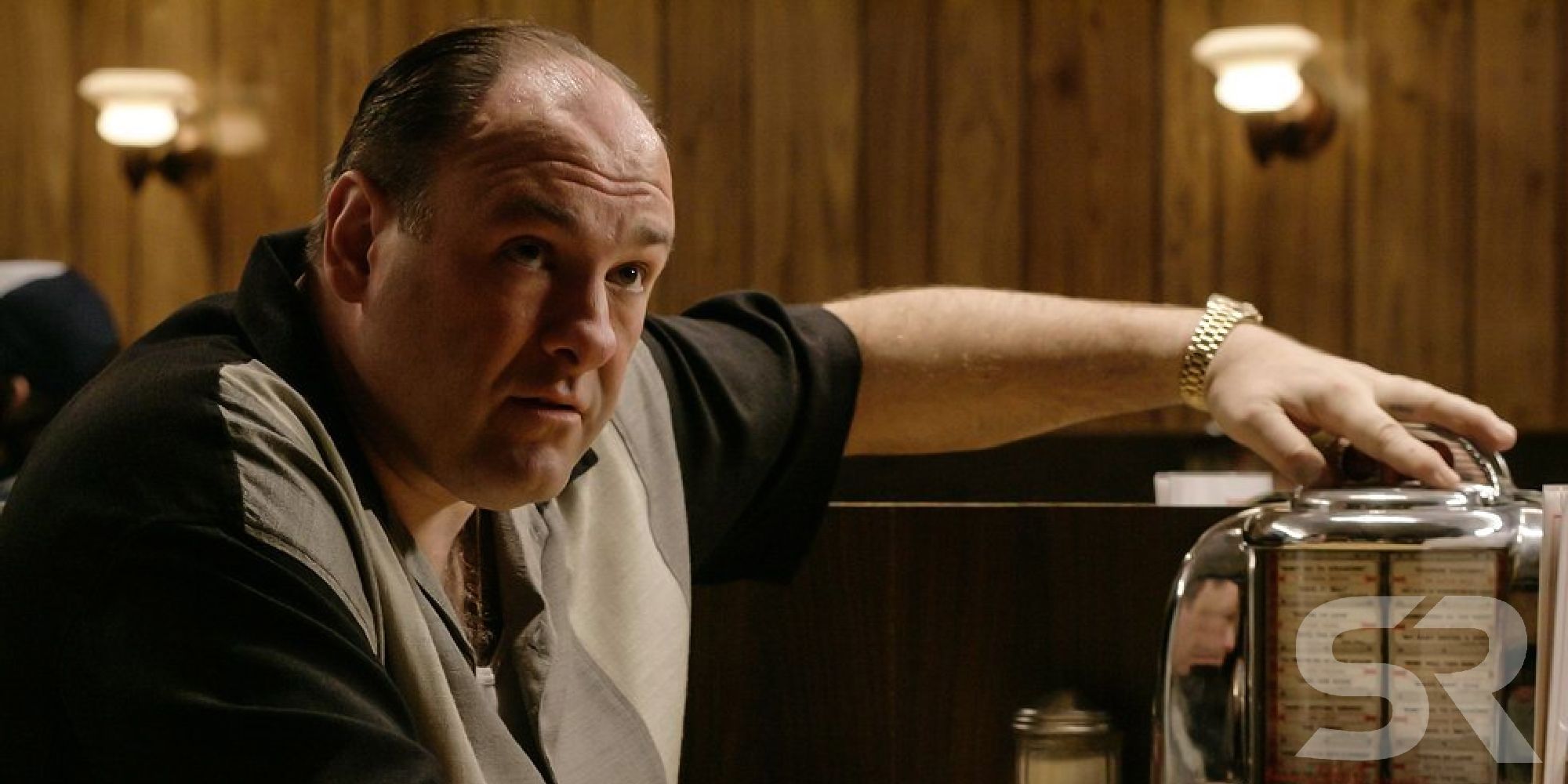
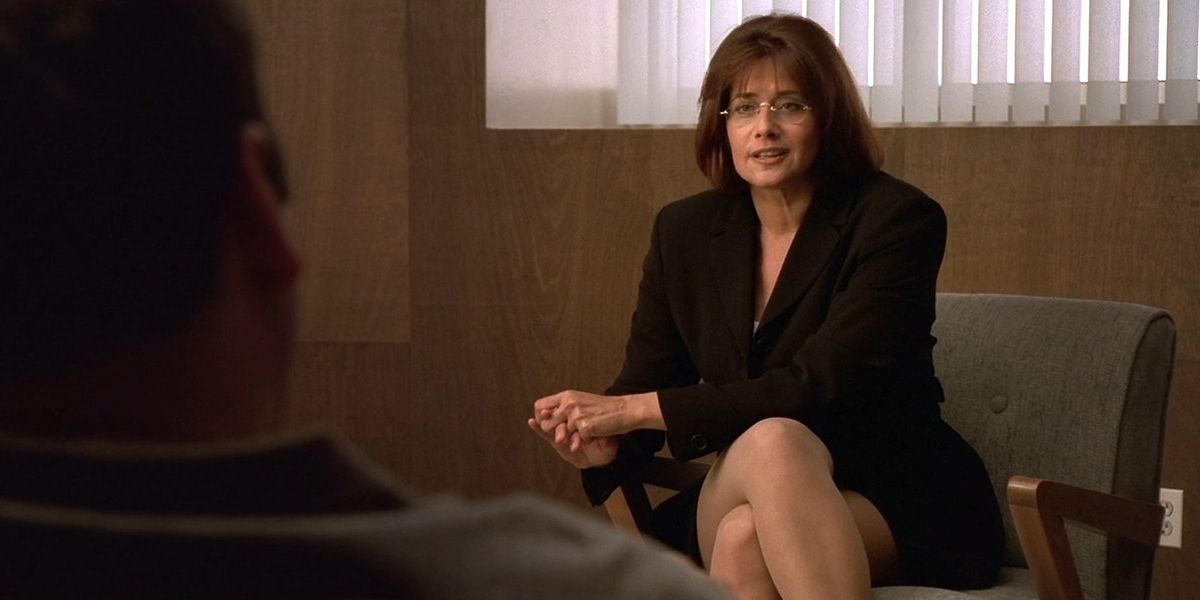
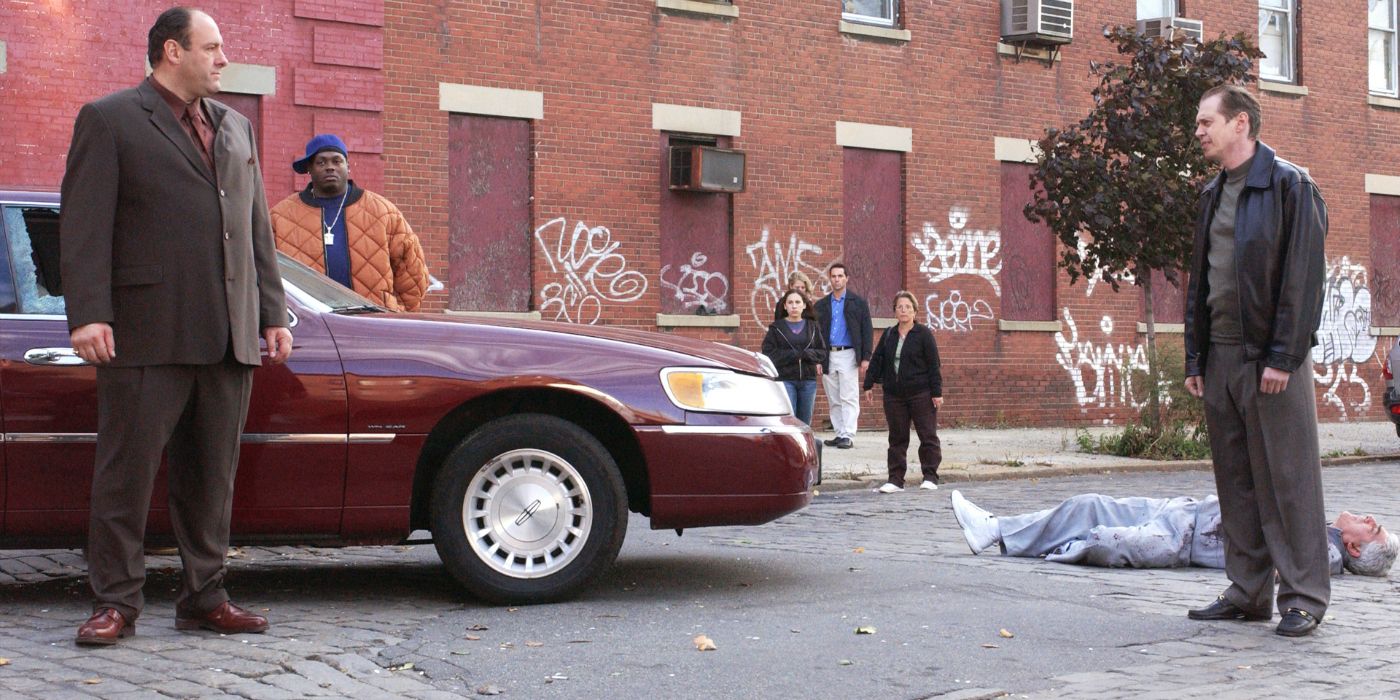
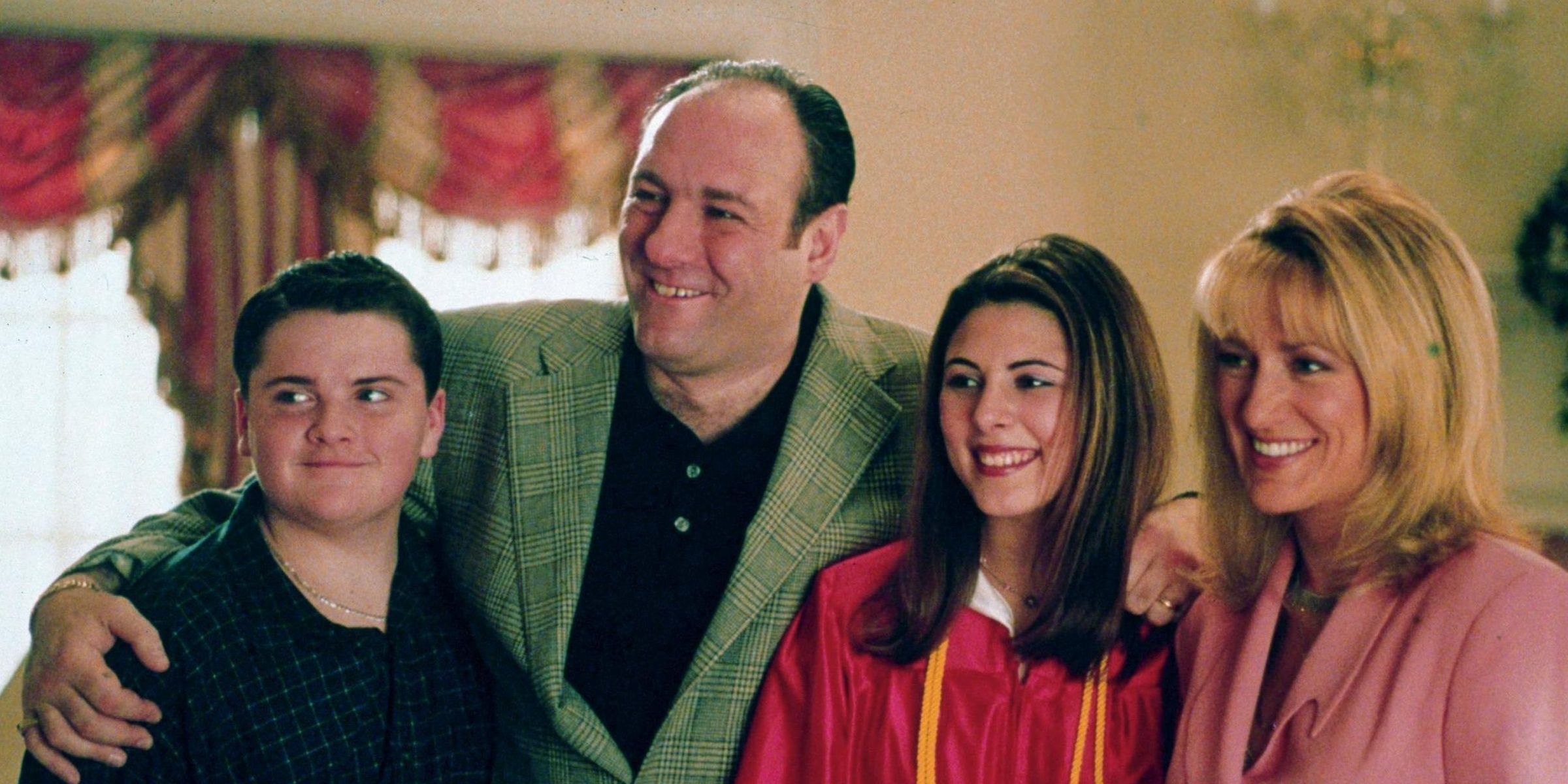
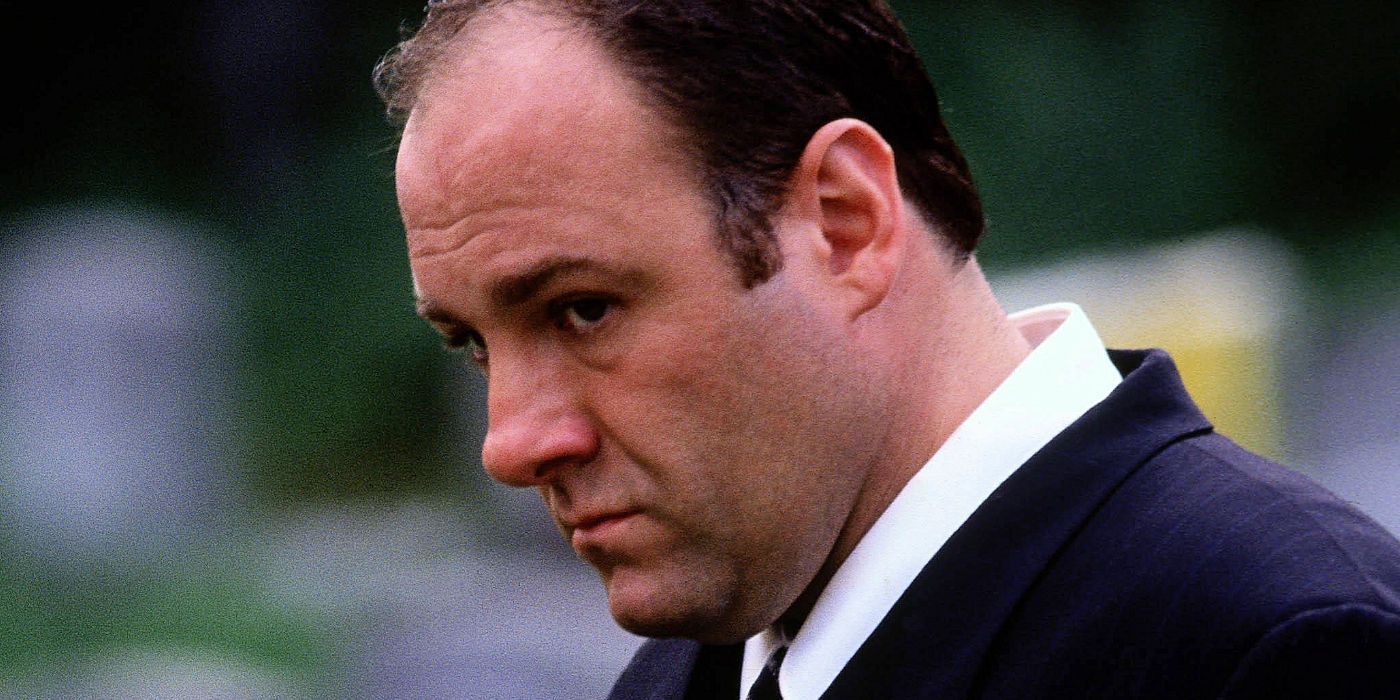
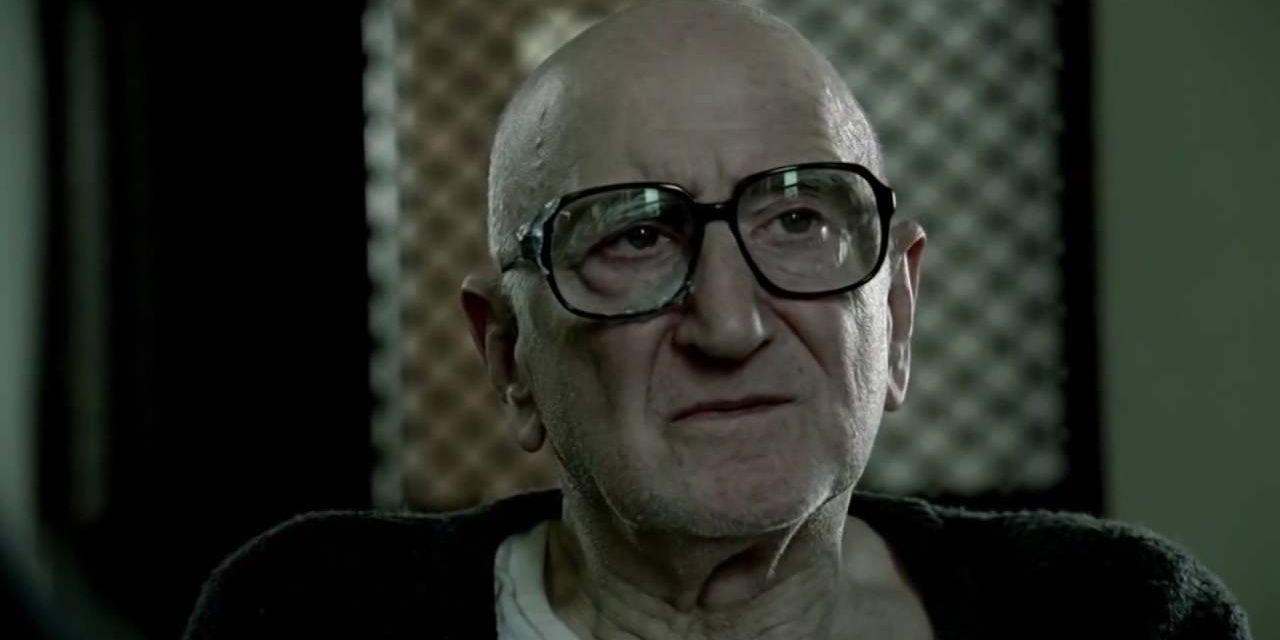
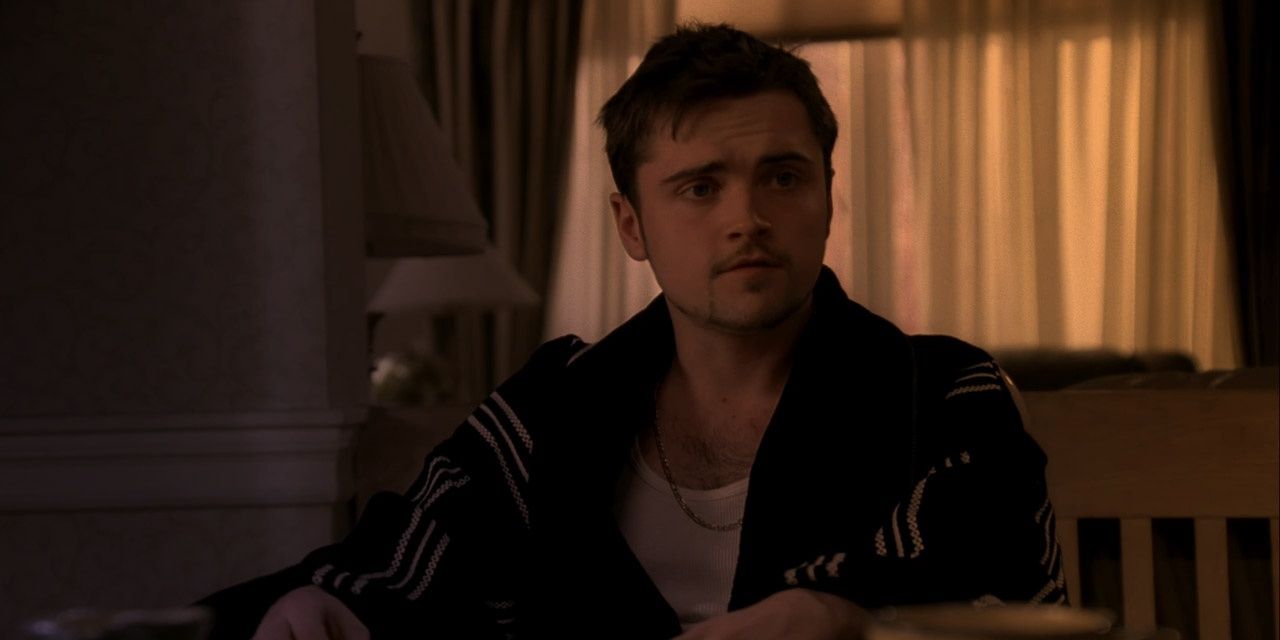

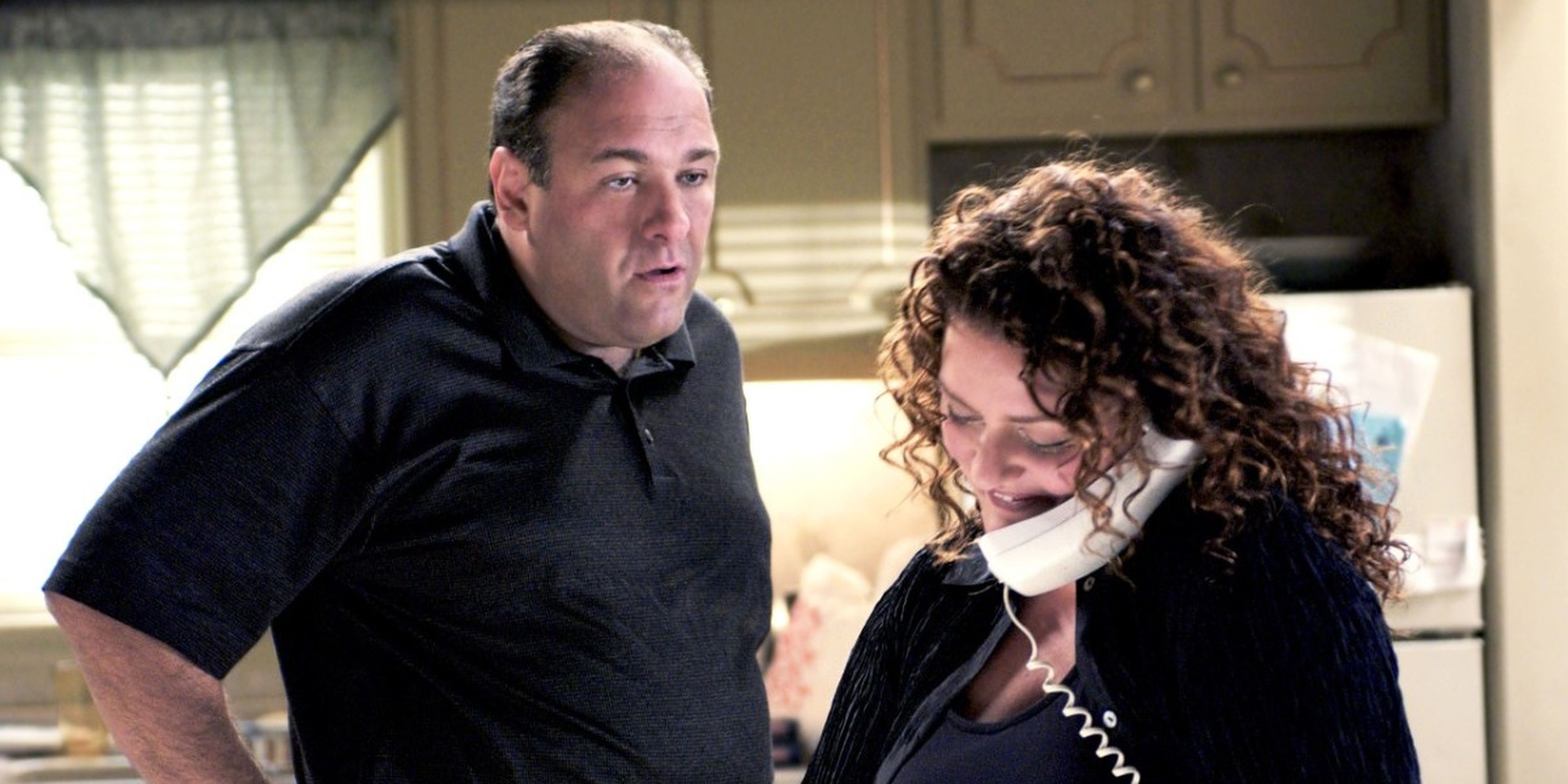
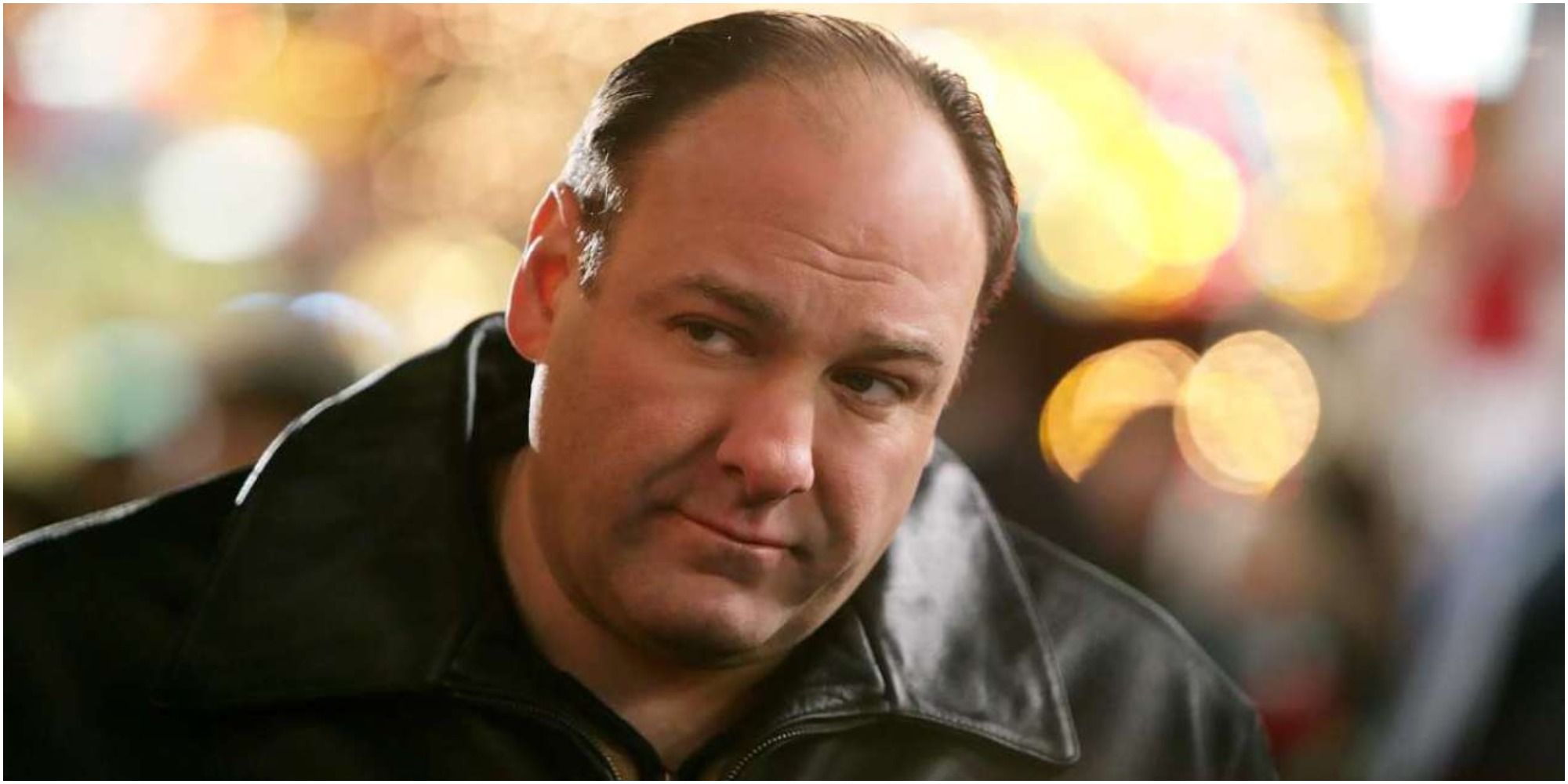
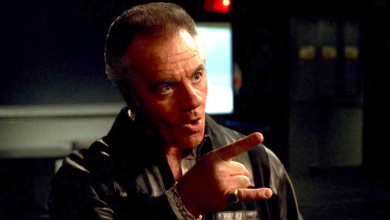
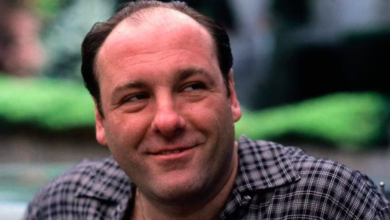
![Photo of Why Junior Soprano Has [SPOILER] Killed](http://54-245-182-51.cprapid.com/wp-content/uploads/2023/07/many-saints-of-newark-anthony-soprano-dickie-moltisanti-390x220.png)
